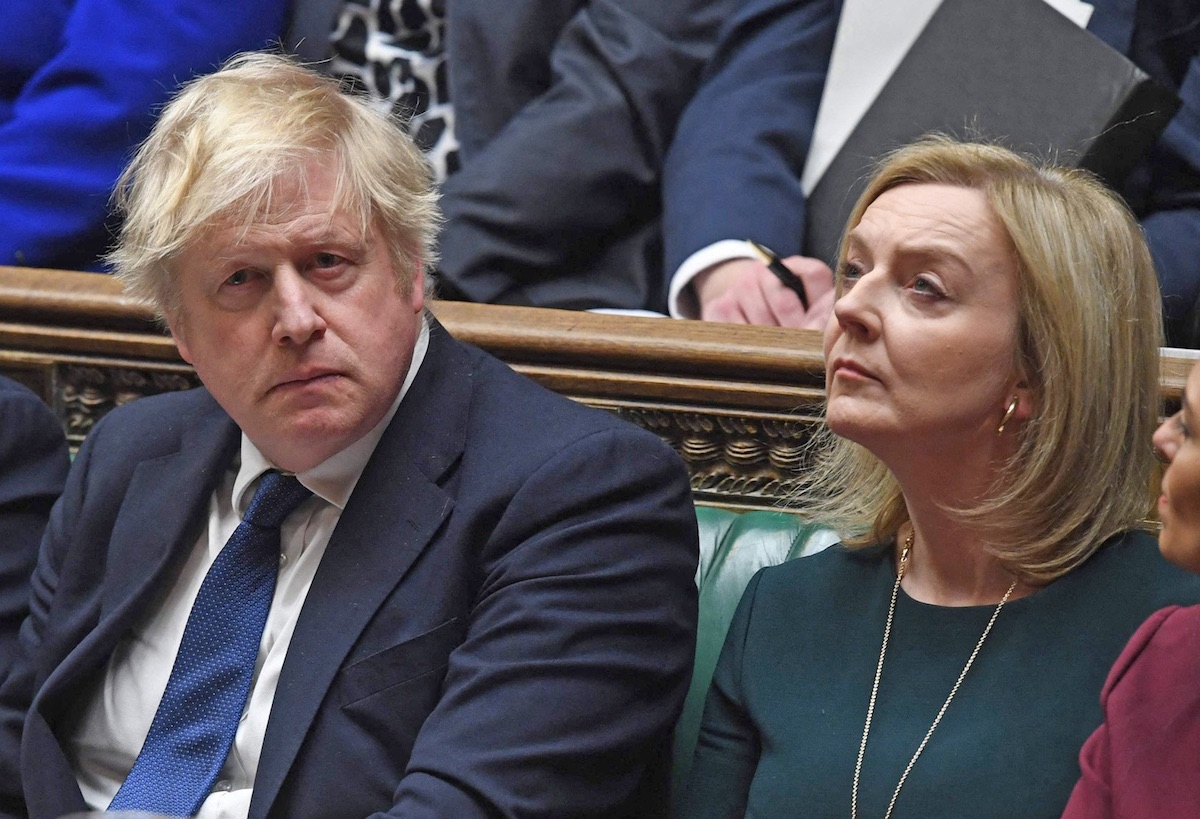
With plans well advanced in London for a hard border through Ireland and a blanket amnesty for British war crimes, there is a consensus among nationalists that the 1998 Good Friday Agreement is under unprecedented attack.
A business leader in the north of Ireland has spoken out this week about death threats he has received for pointing out that the Irish protocol of Brexit ‘cements the peace’ by boosting businesses in the North.
Stephen Kelly, the Chief Executive of Manufacturing NI, which represents the manufacturing sector, said he has received threats from prominent figures, including members of the London parliament.
“We’ve had calls from MPs and others basically saying ‘you need to watch yourself, you need to be careful what you’re doing, what you’re saying,” he said.
“It’s just a pattern of people trying to kind of bully you into being quiet or being silent or being complicit in some of the decisions and choices that they’re making.”
He said it would be a failure of society if issues to do with the protocol could not be discussed without threats or intimidation. He encouraged others to speak out against hardline unionists and rightists who are supporting new legislation in London to rewrite the Brexit deal and wreck the protocol intended to keep the peace in the North of Ireland.
Sinn Féin’s vice-president Michelle O’Neill said it was an “irrefutable fact that the protocol is working”.
Speaking at the annual Wolfe Tone commemoration in Bodenstown, County Kildare, Ms O’Neill said the London government’s attempt to change the protocol “discards international law at a whim in such a reckless way”.
She said: “There is a majority in the assembly who support the protocol because it is working, giving us continued access to the European single market, creating jobs and economic benefit.”
She also described separate British legislation on the legacy of the conflict as “a judicial blackout” with a denial of truth and justice for scores of families impacted.
“It is no understatement to say that the Good Friday Agreement is under a full-frontal attack and that the human rights framework in which citizens and society at large rely is being grossly undermined,” she said.
“The Tory government have abandoned any pretence of ‘rigorous impartiality’ in the discharge of their responsibilities.
“The approach of this British government represents a head-on collision with the Good Friday Agreement, and importantly everyone who cherishes, values and depends on it across this island, and beyond. Everyone should be alert to that danger.”
Sinn Féin chairperson Declan Kearney has said that the Tories and the DUP are “giving cover” to each other, blocking the institutions of two strands of the Good Friday Agreement in an “unprecedented and sustained” manner.
Support is being rallied in the US for the peace deal to be defended. Senate Majority Leader Chuck Schumer, who met with Irish and Irish American representatives in Washington, has spoken out against British plans for the protocol and legacy issues.
In his statement, Schumer described both the amnesty legislation and the protocol legislation as “unwelcome and unjustified.”
That position was echoed by a group of prominent Americans, the ad hoc committee to protect the Good Friday Agreement. They warned the British government, with its new legislation on legacy issues, is “turning its back” on victims and survivors of the conflict.
Writing to the US Secretary of State Anthony Blinken, the group urged the Biden administration “to use all possible diplomatic channels necessary to oppose this potential violation of the Good Friday agreement without delay”.
Former congressman James Walsh, a co-chairman of the committee, said the proposed legislation “is part of a pattern of delay and obstruction that dates back 50 years to the infamous Lord Widgery report regarding Bloody Sunday which faulted victims and survivors.
“We are now approaching the 25th Anniversary of the Good Friday Agreement and we find it very disturbing that the UK Government is proceeding unilaterally in contrast to the joint actions of the British and Irish governments that have been central to the success of the Good Friday agreement.”
![[Irish Republican News]](https://republican-news.org/graphics/title_gifs/rn.gif)
![[Irish Republican News]](https://republican-news.org/graphics/title_gifs/harp.gif)

